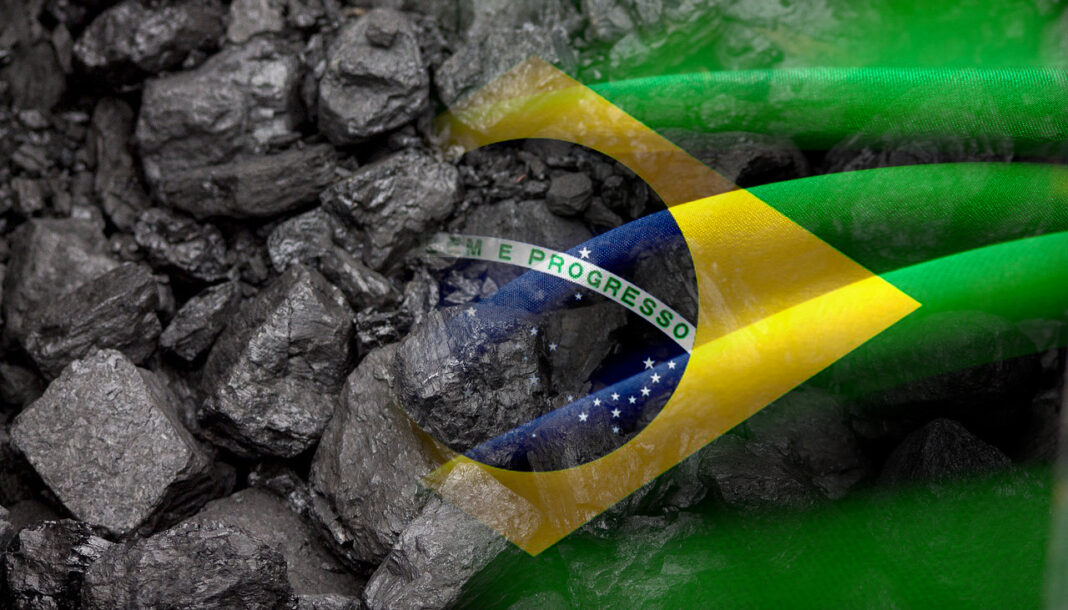When coal is burned it releases a number of airborne toxins and pollutants. There is significant air and water pollution. Coal-fired power plants produce more than 100 million tons of coal ash every year. While coal-fired power plants are being closed in modern countries, in Brazil, coal-fired power plants are still supported by the government.
Brazilian President Jair Bolsonaro approved a law that would extend the nation’s coal use by more than a decade. Previously, the government was supposed to end subsidies for coal plants by 2027 and rescind the authorization for three new plants in particular by 2025. The new “just transition” law allows for coal use through at least 2040.
“This is bad news for consumers and the environment,” Ricardo Baitelo, a project coordinator at the non-profit Institute of Energy and Environment (IEMA), told Reuters.
Brutal impact on global warming
The whole world should unite and reduce carbon dioxide emissions. Coal-fired power plants do not make sense in the 21st century. Coal is the most harmful fossil fuel. At the COP26 UN climate conference in Glasgow last November, Brazil pledged to half its emissions by 2030 and achieve carbon neutrality by 2050, the Brazil-Arab News Agency reported at the time.
Extending coal use “contradicts the energy transition, with significant environmental impacts, and extends to inefficient costs for all energy consumers,” the Association of Large Energy Consumers (Abrace) said, as The Catholic Transcript reported.
A law that supports coal-fired power plants
The law was originally intended to ensure the transition to renewable energies. In reality, however, it only supports coal-fired power plants.
The law benefits coal plants in Brazil’s southern Santa Catarina region, requiring that the government buy energy from these plants at a set price. 80 percent of the energy in the region must come from these plants, The Market Herald reported.
it is not just about destroying the environment, but also about the impact on local people. Coal is not a cheaper source of energy, but in fact it is more expensive for consumers. The law could cost consumers an extra $ 206.11 million a year.
Success? No way
The bill’s author, Senator Espiridião Amin, said on social media that it was an “important achievement” for Santa Catarina, as Reuters reported.
The General Secretariat of the Presidency of the Republic said it would “maintain the goals of carbon neutrality for the Brazilian economy until 2050, and deal responsibly with the economic, social and environmental impacts of phasing out” coal, according to The Catholic Transcript.
The coal industry can seem like a source of many jobs. However, the number of jobs is constantly declining due to the mechanization of this industry. It is important to pay attention to a real transition in this country, which will help the environment and the local population.
Source:
https://www.ecowatch.com/brazil-coal-use-extended.html
Image credit: Pixabay
















